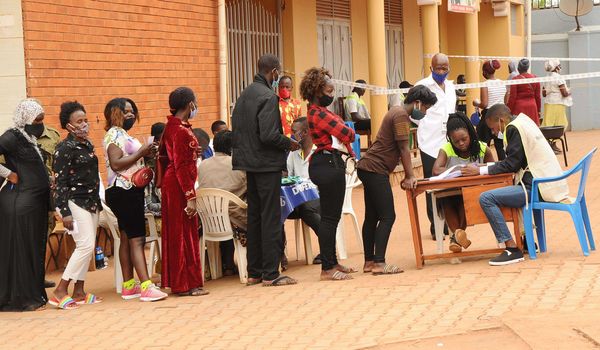Uganda obtained independence from British Government in 1962. Before then, politics of the country were mainly controlled by aristocrats and colonial administrators. Pioneer women in Uganda’s politics and the women's liberation movement after independence were mainly from the aristocrat lineages.
In Uganda, participation of women in politics has always been a labored process bur-dened with patriarchal tendencies that relegate women to the margins. However, the National Resistance Movement which came to power in 1986, opened up a number of opportunities through Affirmative Action policies that have enabled more women to participate in politics – from grassroots to parliament.
Currently, the Speaker of Parliament is a female – Rebecca Alitwala Kadaga – who has served in the same position since May 2011. She is the first woman to be elected speaker. She occupies the third most important office in the country. Uganda was the first country in Africa to have a female Vice President – Specioza Naigaga Wandira Kazibwe – from 1994 to 2003. But does this not make Ugandan women jump with excitement? Probably not.
Women’s Participation in the 2021 General Elections
Women continue to suffer so many huddles in Ugandan politics due to different factors such as unequal access to education, poverty, care and domestic work, oppression and male dominancy, persistent gender stereotypes among others. In the just concluded parliamentary elections, one male contestant drew a pistol at a female contestant who was said to be leading in the race.

